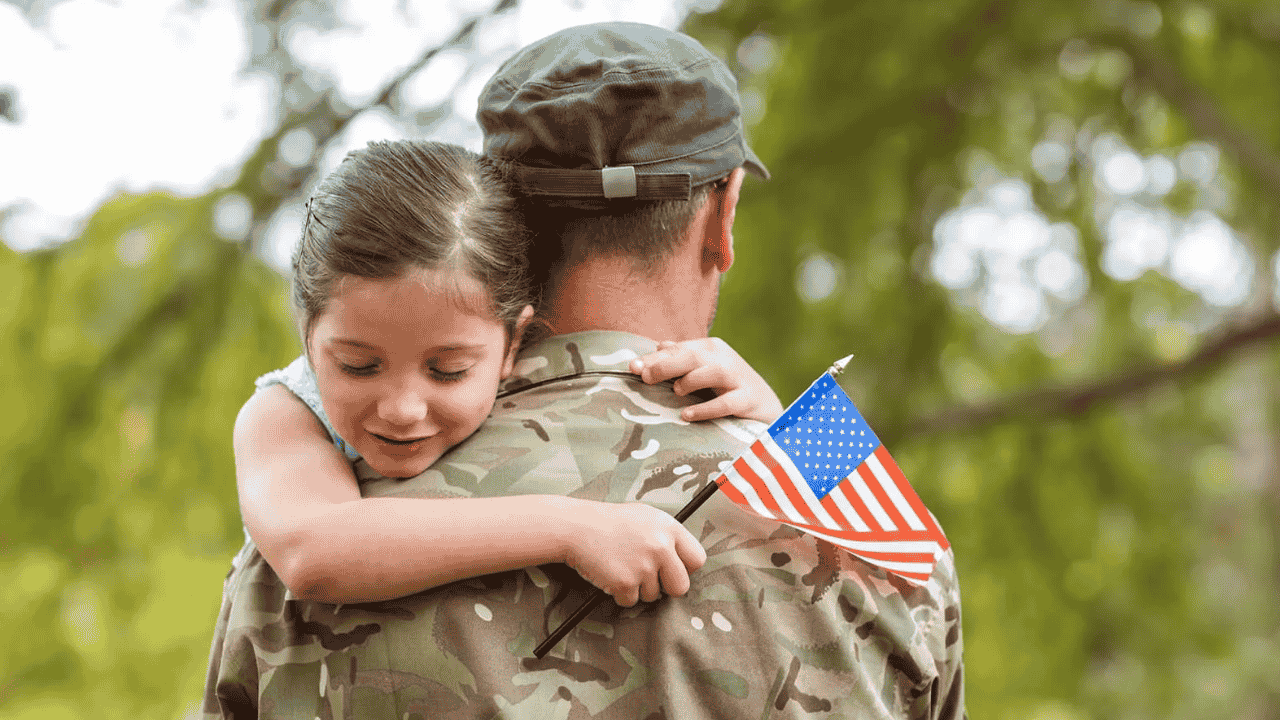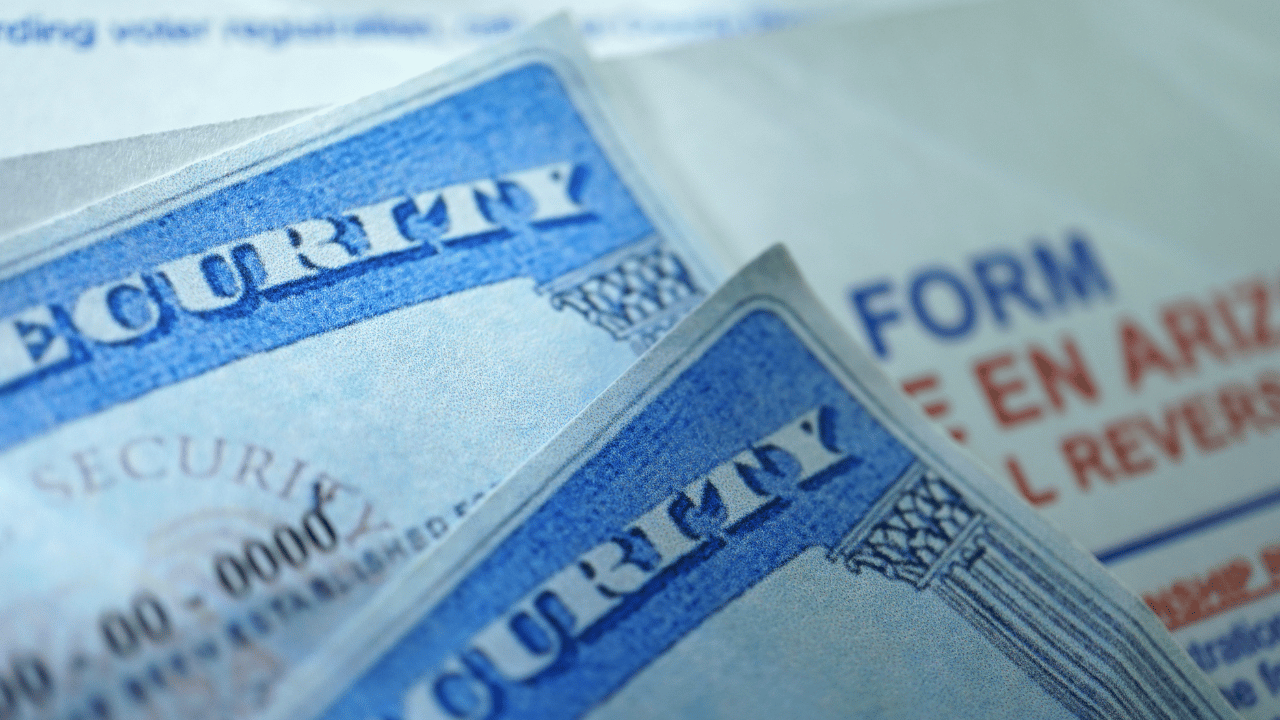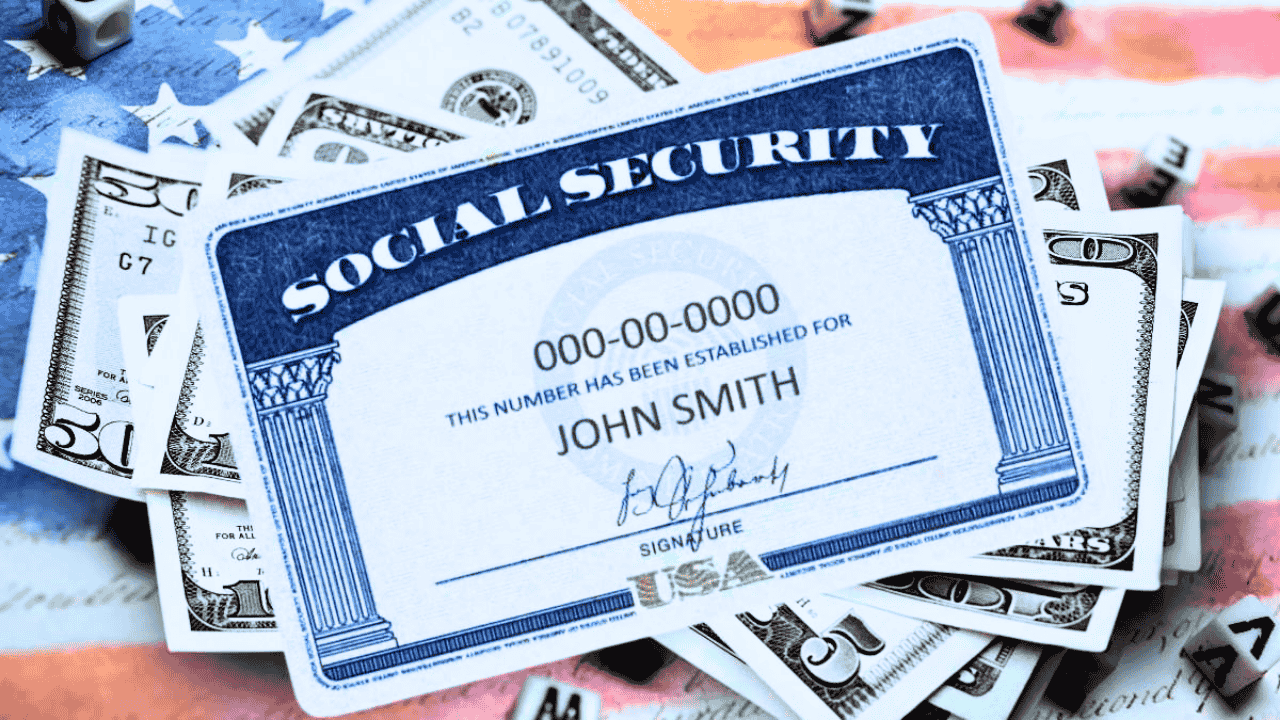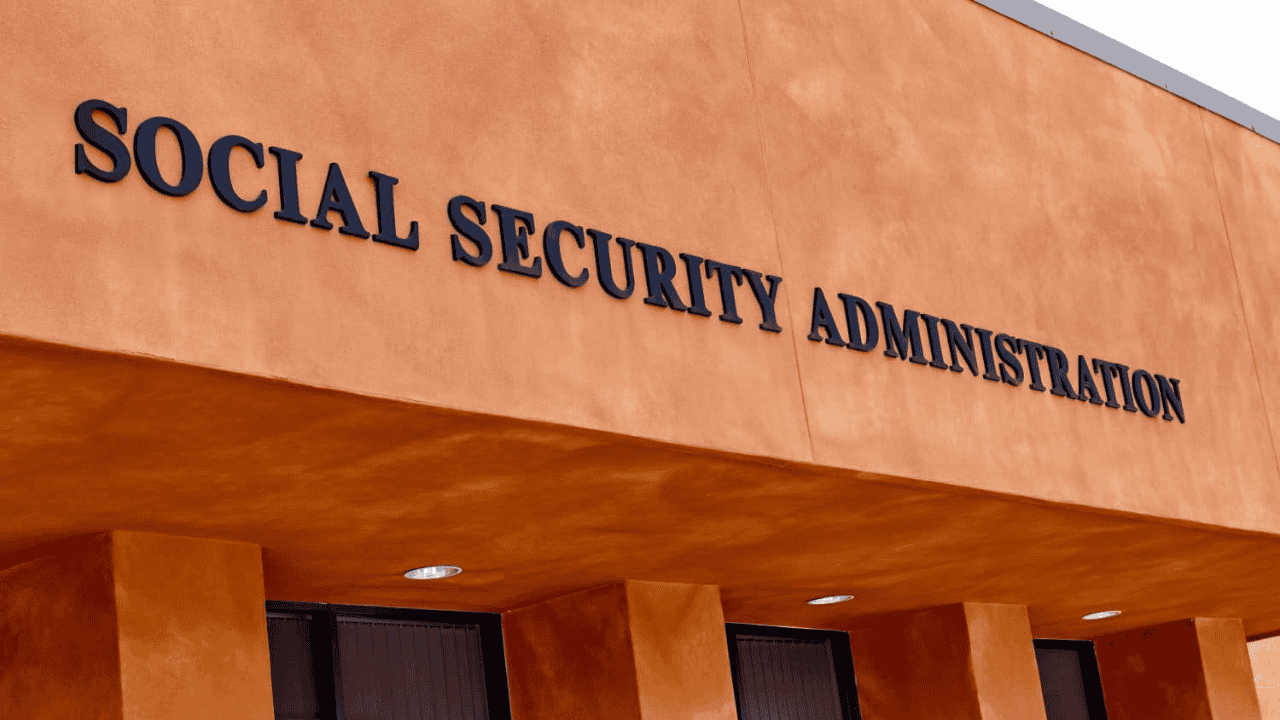As our veterans near the final stage of life, it becomes very important for their families to ensure they receive proper care, dignity, and the benefits they deserve. For those who are being looked after through home hospice care, understanding the burial benefits offered by the U.S. Department of Veterans Affairs (VA) can give families peace of mind. While the process may seem confusing at first, knowing what support is available can make a big difference when the time comes.
The VA provides several burial-related benefits to honour the services of veterans, including those receiving end-of-life care at home. These benefits help cover funeral costs and provide a respectful farewell to the person who once served the country. Whether it’s financial assistance, a burial plot, or official markers, these benefits ensure that veterans are remembered with the respect they deserve.
What Are VA Burial Benefits?

VA burial benefits are a range of financial and support services provided to eligible veterans and their families. These benefits help manage the costs of a funeral and burial, and ensure the veteran is given a proper and dignified final resting place.
Some of the main expenses covered under VA burial benefits include:
- Funeral service charges
- Cost of the casket or urn
- Headstones or grave markers
- Transporting the remains
- Burial in a national cemetery
These benefits are especially helpful for families caring for a veteran at home under hospice care, as they can reduce the financial burden during a difficult time.
Types of VA Burial Benefits Available
1. Burial Allowance
This is a fixed financial amount given by the VA to help with funeral expenses. The exact amount depends on whether the veteran’s death is linked to their military service.
- Service-Connected Death: If the veteran died due to a condition related to their military service, the family can receive up to $2,000. This may also include coverage for transporting the remains.
- Non-Service-Connected Death: If the death was due to natural causes or other illnesses unrelated to military service, the burial allowance is between $300 to $800, depending on the place of death.
2. Plot or Interment Allowance
For those who are buried in a private cemetery rather than a VA national cemetery, the VA offers an additional allowance to cover the cost of the burial plot or interment. If the death was service-related, this can go up to $2,000, and slightly less for non-service-connected deaths.
3. Headstone or Marker
Every eligible veteran is entitled to a free headstone or marker issued by the government. Whether they are buried in a national or private cemetery, the family can choose a bronze marker, upright gravestone, or flat marker, which includes the veteran’s name, service branch, and dates.
4. Burial in a National Cemetery
Veterans under home hospice care can also be buried in a national cemetery, even if they were not admitted in a VA hospital at the time of death. These cemeteries provide a peaceful and honourable final resting place. Burial here includes a free plot, interment service, and a headstone or marker. In eligible cases, the VA also pays for transportation of the remains.
Who Is Eligible for VA Burial Benefits?
To receive these benefits, the veteran must meet a few important conditions:
1. Active Duty Service
The veteran must have served active duty in the U.S. Armed Forces, or sometimes in the National Guard or Reserve, and must have received an honourable discharge. Veterans with a dishonourable discharge are generally not eligible.
2. Service-Connected Death
If the death is due to a condition that resulted from military service, the family can receive additional benefits. A valid service-connection must be recognised by the VA.
3. Non-Service-Connected Death
Even if the death is unrelated to service, the veteran may still be eligible for some burial benefits. The financial support in such cases is usually lower than service-connected deaths.
4. Hospice Care at Home
Veterans receiving hospice care at home are still fully eligible, as long as they meet the basic service and discharge conditions. If the death happens at home, families must provide required documents to confirm eligibility.
How to Apply for VA Burial Benefits
To receive these benefits, families should follow a few simple steps:
1. Inform the VA Immediately
When the veteran passes away, the family or the funeral home should notify the VA. Most funeral homes are familiar with the process and can guide or even handle the paperwork on behalf of the family.
2. Submit Required Documents
The following documents are usually needed:
- The veteran’s DD-214 discharge papers
- A copy of the death certificate
- Documents showing any service-connected disabilities (if applicable)
3. VA Review and Decision
After receiving the documents, the VA reviews the case and confirms the benefits the veteran qualifies for. The payments are usually made directly to the funeral home or reimbursed to the family.
Special Considerations for Veterans in Home Hospice Care
- Home Burial: If the family wants to bury the veteran on private property, the VA will not provide burial benefits. The burial must happen in a recognised cemetery.
- Funeral Home Services: Some funeral homes offer military honours, such as a national flag, ceremonial salutes, or veterans’ rites. Families can ask about these services, and the VA can help coordinate them.
VA burial benefits are a meaningful way to honour the service and sacrifice of our veterans. For families providing care at home, knowing these benefits exist can bring comfort during a time of loss. Whether it’s a financial allowance, a respectful resting place, or ceremonial honours, the VA ensures that every veteran receives the farewell they deserve.









